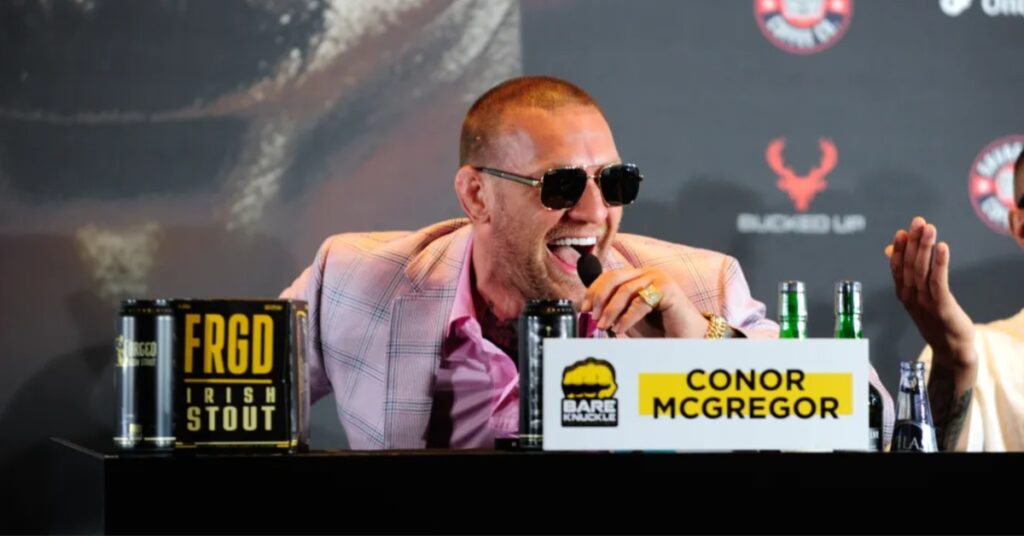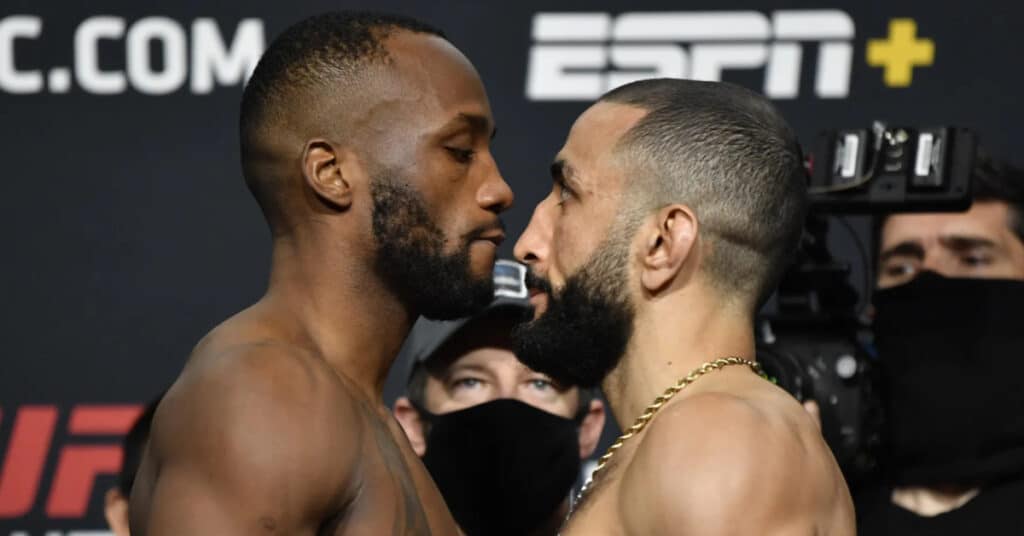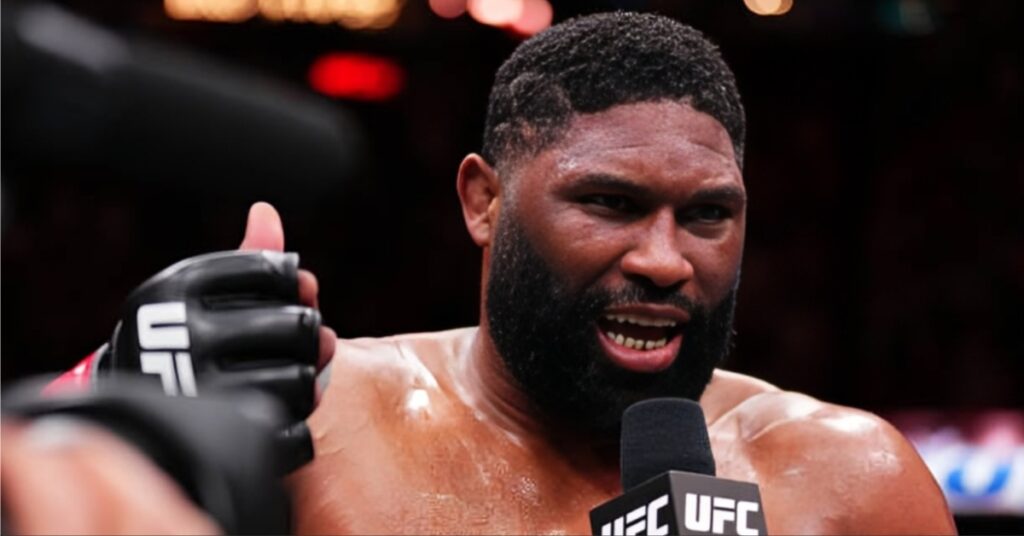Why Winning is Everything in MMA
Many fans would question this proposition, claiming that ‘entertainment’ should be first, and winning a close second. The following explains why winning is always first and always should be first. This is good for the fans, the fighters and the sport of MMA.
MMA is a Sport
MMA is a sport distinct from WWE because there are real fights and real competition. Like any sport, not all competitions are exciting. In football, a team with a killer defensive line, but cursed with poor offense, may win the game, even though the game is low scoring. In baseball, an excellent pitcher may shut down the batting lineup of his opponents, while his own team struggles to rack up one run on the scoreboard. The bottom line is that not all sports competitions are exciting–this is a normal part of sports and life in general.
Survival of the Fittest
In any competitive sport, Darwinian philosophy rules. In nature, no one cares about how exciting a species was, but rather, they remember and pay attention only to those who survive and thrive. This Darwinian imperative is what keeps sports interesting to spectators. Every time a team comes up with a new set of skills, their opposition is forced to learn those skills and counter with their own skills–or face extinction. MMA has evolved so much since the ’90s because of this constant battle to tip the balance of power.
Evolution in MMA
When Royce Gracie appeared on the scene with BJJ, he shocked a lot of fans with a set of skills which could submit much larger and more muscular fighters. Due to the novelty of BJJ, most fighters were unprepared and did not know how to counter this deadly skill. They were forced to adapt or perish–so adapt they did. Now, BJJ is considered one of the three broad skill sets required to be successful in MMA, and it is much harder to submit fighters now because they were forced to become experts in this martial art in order to succeed.
Chuck Liddell was one of the fighters who brought striking and excitement back to MMA. Because Liddell had a wrestling background, he stuffed takedowns and popped back to his feet with ease when he was taken down. Everyone remembers Chuck for his striking, but without his takedown defense, he never would have gotten the opportunity for his spectacular KO wins.
In the welter weight division, Matt Hughes was defeating one opponent after another with a forgotten skill–American wrestling. Matt’s standup was workmanlike, at best, while his BJJ skills were excellent–but what made the difference was wrestling. Fighters expert in BJJ were helpless against an excellent wrestler who could also defend BJJ submissions. Hughes proved a well-rounded fighter would prevail against such pure BJJ luminaries as Royce Gracie and Renzo Gracie.
Randy Couture was also showing the power of wrestling in MMA competitions, by defeating some of the top names of the time. GSP took this well-rounded approach to the next level by having excellent skills in striking, wrestling and BJJ–and being able to transition between each skill set seamlessly.
Another part of the evolution of MMA is conditioning. Fighters today are better able to go 3 or 5 rounds than they were in the past. The whole culture of conditioning has evolved with the sport of MMA including diet, sleep, and a scientific approach to conditioning and peaking at just the right time.
Competition Makes MMA Better and Better
There are many other examples of the evolution of MMA, but the point is that there IS an evolution. The sport is not in the same place it was ten years ago, because fierce competition has forced every fighter, every training camp to adapt, and become more sophisticated. In the past, the only game plan most fighters brought to the cage was–“I’m gonna hit him ’till he drops”. Due to the competitive nature of the sport, this no longer is an option for top fighters. Now, fighters and their training camps analyze and dissect each opponent, working on specific tactics and an overall strategy which will garner the win.
This competition is heartless, caring little for consistent losers. There are fighters who, since they have lost in an exciting fashion, are given some slack and allowed to continue to fight again–but not even the biggest name with the most impressive record can lose forever. Eventually, they are cut or retire because MMA fans will not tolerate consistent losers, no matter how much they like them personally.
This is good for the fans, the fighters, and the sport. Due to this Darwinian evolution, the fans get to see new fights with new skills fought at a more intense level of competition each year. The fighters are forced to evolve physically, mentally and to become more well-rounded fighters engaging fan interest–which translates into more money and rewards for excellence. The sport itself is made better because the level and skill of competition only gets better, and attracts more fans.
MMA Fans Evolve Too
It is important to remember that just as MMA has evolved, fans evolve in their appreciation of MMA. When a fan is first attracted to MMA, often the KO is the most impressive aspect of the sport to interest them. As they watch more fights, they learn and evolve. Many learn to appreciate a back and forth grappling contest or the moves which lead to a slick submission, and overall better appreciate the nuances of every aspect of the fight–not just the finishing move. It is easy for the seasoned MMA fan to recognize which stage in evolution their fellow fans are at by their complaints that a closely fought and brilliant fight was boring because it went to a decision.
At the top level, when fighters are more evenly matched–it is much harder to get the KO or the submission. There is no longer low-hanging fruit ready for easy pickings in the top ten anymore–with a few exceptions. There are still exciting finishes, but there are also closely fought decisions–as each fighter adapts and becomes more highly skilled, conditioned, and savvy.
They know it is win or die.






